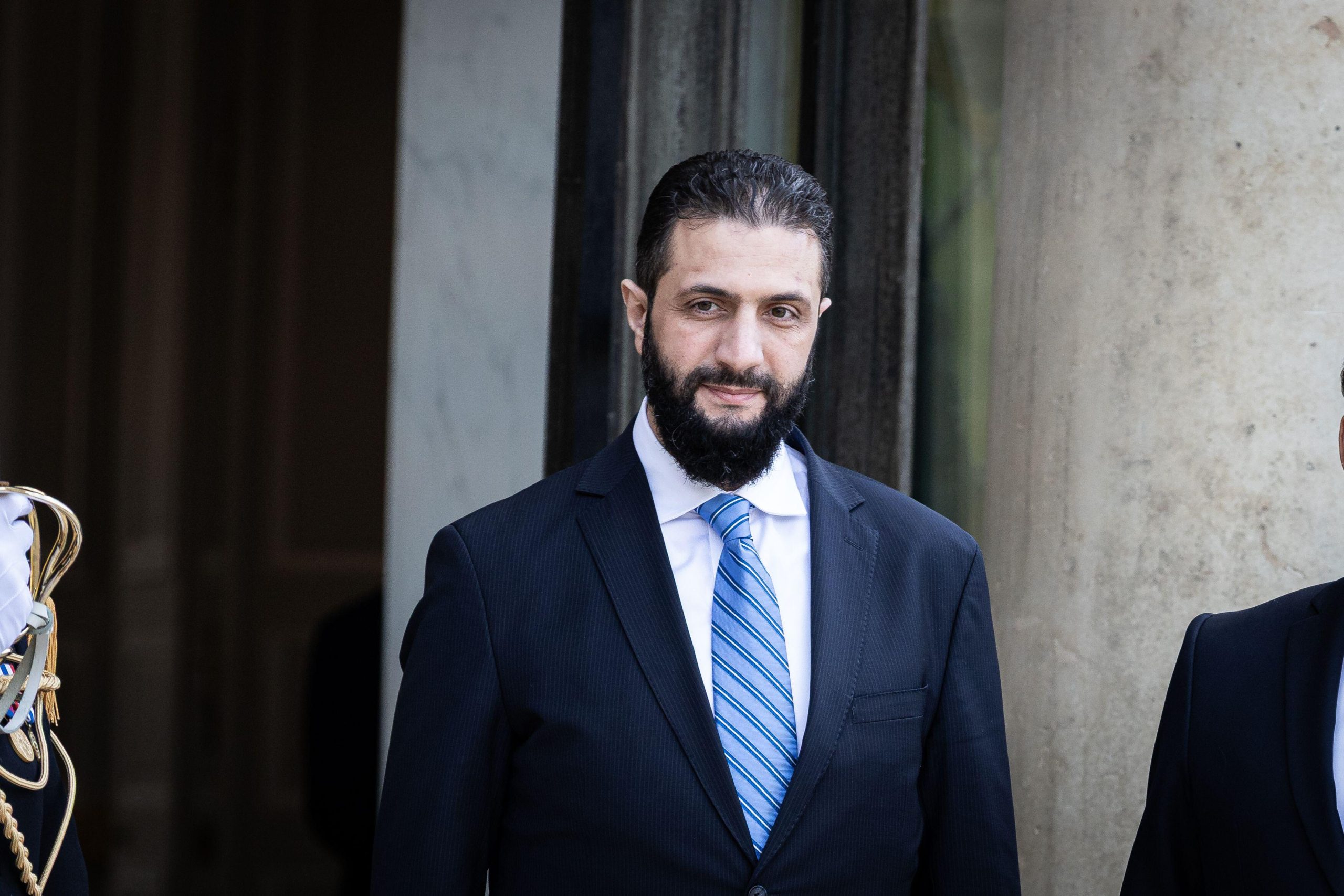The historic collapse of the once feared Egyptian police state has spawned a Wikileaks-style flood of secret information into the public sphere.
Starting on 5 March, crowds of protesters forced their way into buildings around the country belonging to former President Hosni Mubarak’s dreaded State Security Investigations Agency. The aggressive moves by the protesters were prompted by several days of mounting concern that sensitive documents were being destroyed or hauled away. In dramatic scenes, angry crowds took over the fortress-like state security headquarters in Alexandria and in the Cairo suburb of Nasr City.
In both cases, demonstrators found ample evidence of systematic document destruction. Still pictures and video taken from inside the state security building in Nasr City showed huge piles of freshly shredded documents. They also depicted a luxurious apartment suite attached to former Minister of Interior Habib el Adly’s personal office.
Local activists are working to gather and assess the huge cache of remaining files. A “State Security Leaks” Facebook page has even been created to archive and display the retrieved documents.
One activist came across a CD containing the names and pictures of hundreds of state security officers. He posted all the pictures onto the Flickr photo-sharing site, but Flickr quickly took the pictures down, saying they were not the activist’s originally-created content.
Although it’s likely that the most incriminating evidence has already been destroyed, the remaining documents vividly reveal the extent of state security’s involvement in nearly all aspects of Egyptian life under Mubarak.
In addition to the personal files on thousands of political figures and everyday citizens, the state security reports reveal evidence of local newspaper editors being offered sweetheart land deals in exchange for their loyalty, and a popular television presenter being warned away from hosting a prominent opposition politician on his show; according to the document posted online, the presenter actually apologised for the misunderstanding and promptly cancelled the politician’s scheduled appearance.
The files also indicate the extent of state security’s phone tapping operations and the existence of a special task force for hacking into the email accounts and Skype conversations of prominent opposition figures.
Perhaps the most explosive and incriminating bit of evidence has not been made fully public. Popular television talk show host Mona el Shazly told her viewers last week that she had been provided with a CD containing recordings of phone calls between former Minister of Interior Habib el Adly and senior officials regarding the decision to fire live ammunition at protesters during the early days of the Egyptian Revolution. El Shazly did not actually play any of the calls on the air, but told viewers the evidence had been given to the attorney general’s office.
El Adly was arrested shortly after Mubarak’s 11 February resignation and is currently on trial for corruption charges. But he still faces no charges related to his actions in attempting to squash the revolution.
Arrest warrants have since been issued for 47 Interior Ministry officers for alleged participation in a coordinated effort to destroy evidence. The brief statement issued via the state-run Middle East News Agency didn’t name any of the officers facing arrest, but said investigators had “proved they were embroiled in burning documents and damaging computers”.
The statement also noted that all state security buildings around the country were now under armed forces control. The army has sent out text messages to Egyptian mobile phone users, calling for citizens to return all state security documents to the military or the prosecutor’s office, so they can be properly investigated.




